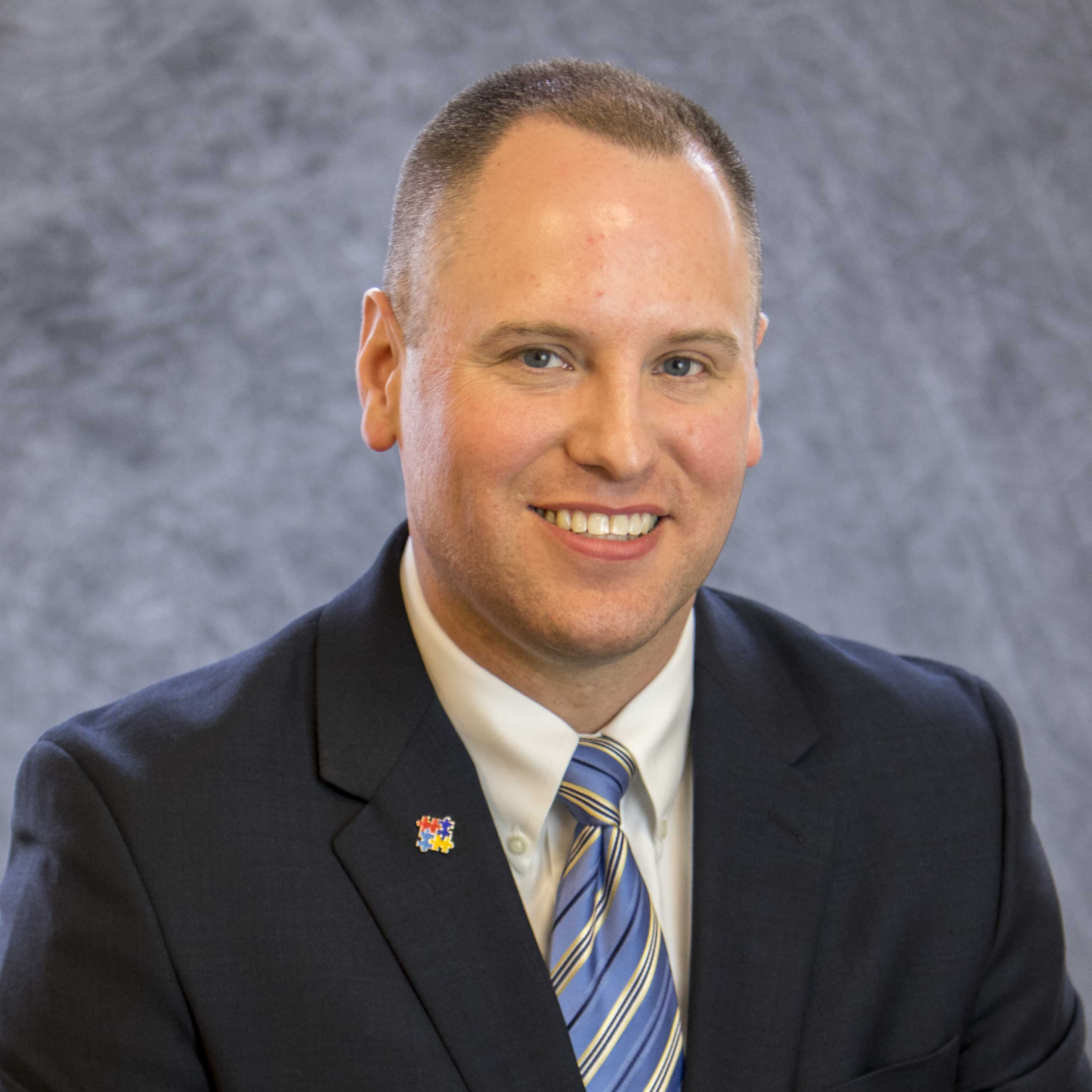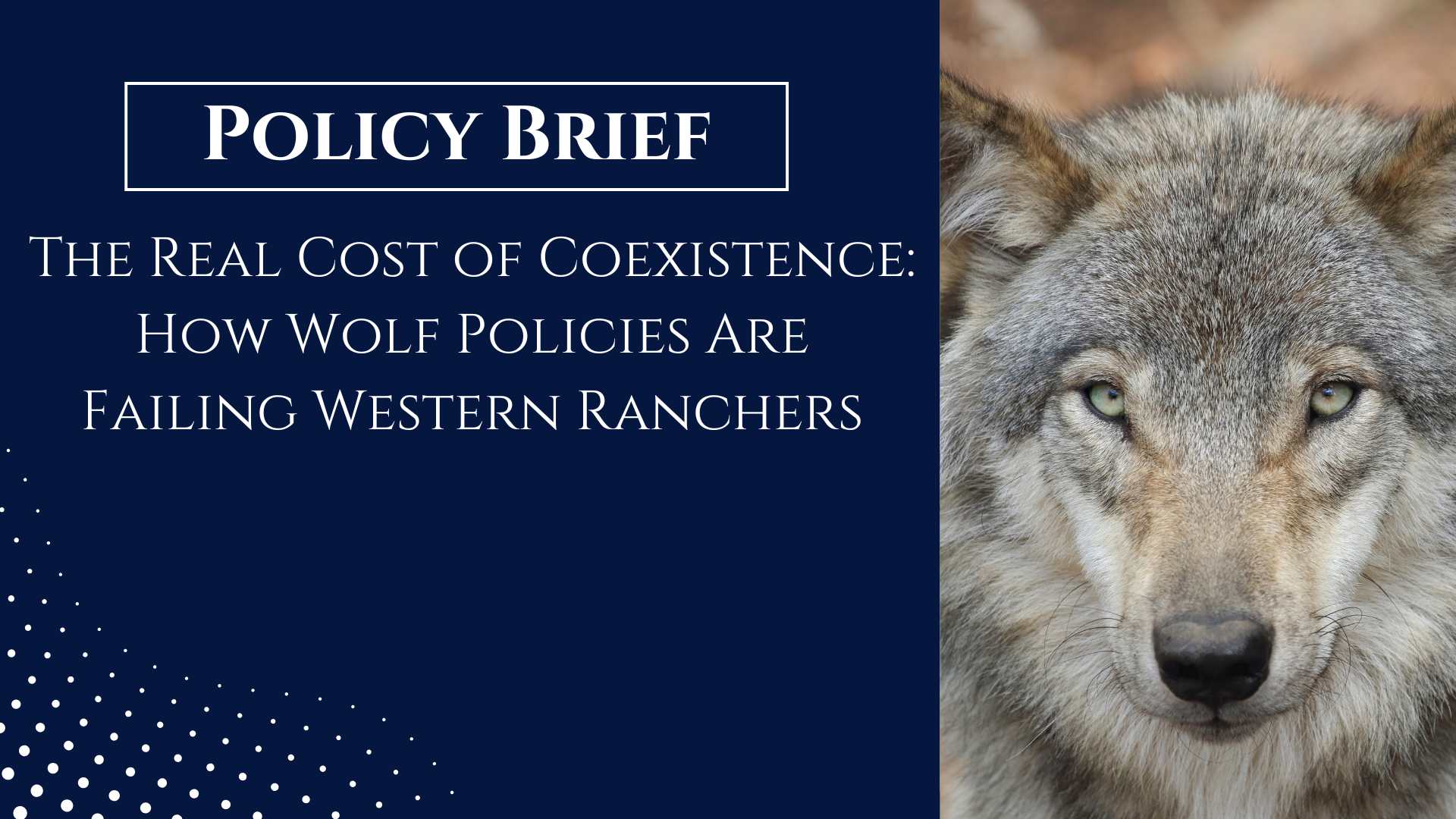Legislative leaders recently asked Eastern Washington business leaders an important question: “how are people over there feeling about what we’re doing this session. Good?”
Frightened might be more accurate. I’ve been the Eastern Washington director of Washington Policy Center for a decade, and never before have I heard so many people genuinely concerned about what is happening in Olympia. Never before have I heard so many seriously considering moving their family or business out of state. It’s no longer just mild frustration. The concern is now deep, real and problematic.
It’s expressed by families living on a fixed income, wondering how they’ll pay to heat their homes with the legislature’s massive carbon tax.
Workers across the state worry about the renewed push by Seattle, and some in the legislature, for an income tax – starting with taxing capital gains.
Moms and dads are scared, wondering how they’ll afford to get to work or get their kids to baseball practice with another 12% increase in the gas tax.
The worry spreads to local property taxpayers, who after enduring a 50% hike in state property taxes for schools, are being told they must pony up more through higher local levies.
Farmers are furious, after being told by Seattle-based legislators they may be engaged in “slavery” and they must file a report on each farm employee with the state.
The disabled and disabled advocates are dismayed, now being told they can’t use the clean plastic straws they depend on for daily nutrition without asking permission first.
Beauty salon owners are still weary, having to fight against an anti-worker bill that could effectively put many out of business.
Accountants, lawyers, and those who pay a B&O tax on services are rightly objecting to a proposed 70% increase in their tax rate.
The diagnosis isn’t positive from patients and the health care industry itself, thanks to lawmakers imposing a single-payer health care bill that would lead to waiting lists, the rationing of health care, and the denial of care to the sickest and most elderly patients.
All Washington workers will be in for a surprise when they’re subject to another new payroll tax - this time for a state long-term care program they’ll likely never use.
There’s an unease by historians, told by Seattle legislators that statues of Christian missionary and state founder Marcus Whitman should be gone, while a statue of Soviet dictator Vladimir Lenin stands in a Seattle neighborhood.
Rural homeowners are upset, when Western Washington legislators, serving populations with no interaction with dangerous wildlife, propose stopping predatory wolf kills.
And there’s a regional concern about the relentless attack on Eastern Washington’s clean, renewable hydropower – our economic engine and the reason our state has such low carbon emissions.
One of the problems legislators face is the simple lack of knowledge about what life is like on this side of the mountains. Few if any legislators from King County spend much time in Eastern Washington, whereas Eastern Washington legislators travel to Western Washington for, at the very least, the duration of the legislative session.
Whether you’re on the left or right side of the Cascade curtain, Washingtonians have a history of at least trying to listen to the other side – both geographically and politically. But now, an analysis in The Atlantic magazine shows the Seattle area is one of the least politically tolerant regions in the country.
Policies have consequences, even more so in Eastern Washington where lower taxes and fewer government burdens are waiting just a few miles away.
Consider that in 2016, Washington was the 17th highest state in state and local tax collections per capita. Idaho was the fifth lowest.
Thanks to the high tax, regulatory and government burden on daily life, states like New York, Illinois and California are losing hundreds of thousands of residents. Washington doesn’t have that distinction yet, but the alarm bells are sounding.
According to a North American Moving Services, migration patterns now show Washington is a top outbound state.
People, and businesses, can vote with their feet. That sound you hear might be citizens starting to put on their shoes.
Chris Cargill is the Eastern Washington director of Washington Policy Center, an independent think tank, with offices in Spokane, Seattle, Olympia, and the Tri-Cities. Online at Washington policy.org. This op-ed has been published in the Vancouver Business Journal and the Colville Statesman Examiner.






